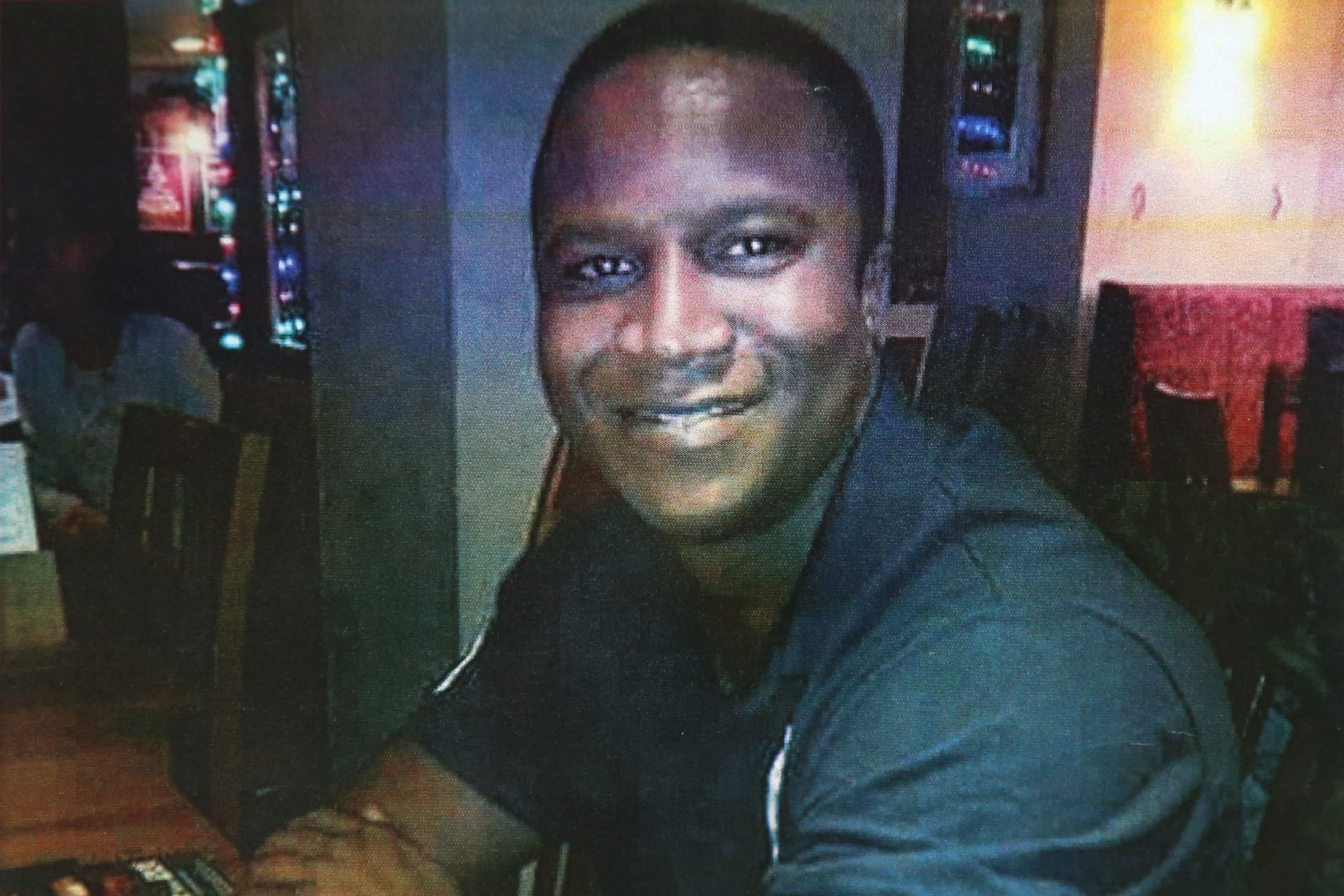Police would have been ‘called out’ for criminal acts involving Sheku Bayoh
A senior police officer has told an inquiry fellow officers would have been ‘called out’ if acts were found to be criminal.

A senior officer has told the inquiry into the death of Sheku Bayoh that officers involved in the incident would have been “called out” if they were responsible for any criminal acts.
Chief Inspector Conrad Trickett was appointed as the post-incident manager following the death of Mr Bayoh on May 3 2015 in Kirkcaldy, Fife.
Giving evidence to the inquiry into the circumstances which led to Mr Bayoh’s death, Mr Trickett said the officers that he had been involved with would have been “dealt with” through a criminal justice process had they been found to have committed a crime.
He said: “In 2015, if that had been criminal actions by any officer, they would have been called out and these officers would have been dealt with in a criminal justice process, not sitting in my post incident management suite.”
Mr Trickett told the inquiry that there had been past precedence during death in custody incidents for police officers involved to be treated as criminal suspects and said the reason post-incident management was brought in was to ensure officers were treated as witnesses.
Police officers do the job we trained them to do and that might include lethal force, but that is still the job we have trained them to do
He said: “They have been treated as witnesses in the post incident suite. Therefore this is a process that should be followed in order to secure the evidence that is required for the investigation. That doesn’t mean they are suspects in a criminal inquiry.
“The history of post=incident management is about how police officers have been treated as suspects in criminal inquiries when actually they have just been carrying out their job the way society wants them to carry out that job.
“That is how post-incident management has come about.
“Police officers do the job we trained them to do and that might include lethal force, but that is still the job we have trained them to do.
“They are not suspects in anything. They are police witnesses.”
Sheku Bayoh died after he was restrained by up to six officers in Kirkcaldy on May 3 2015.
His family maintain that race played a role in how police approached him after members of the public made reports to Police Scotland about him acting erratically.
Mr Trickett’s evidence at the inquiry, before Lord Bracadale, continues on Wednesday.
Bookmark popover
Removed from bookmarks